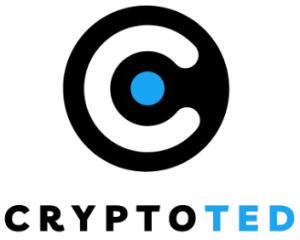
The European Union is stepping up its plans for a digital euro, now exploring the use of public blockchains such as Ethereum and Solana to expand its reach.
Summary
- The EU is fast-tracking plans for a digital euro, with officials now considering public blockchains for its launch.
- U.S. stablecoin regulations and the rising global adoption of digital currencies have raised concerns about the euro’s competitiveness.
- European banks have reportedly expressed resistance, warning that the digital euro could reduce demand for traditional financial services.
The EU is accelerating efforts to launch a digital euro amid growing concerns over losing ground as global competition rises. According to an Aug. 22 Financial Times report, the push is in response to increased adoption of stablecoins and new regulatory clarity in the United States after the passage of the GENIUS Act.
Officials fear that the U.S. regulation could further strengthen the dollar’s dominance in the $288 billion stablecoin market, which is already largely composed of USD-pegged tokens. This, in turn, could weaken the euro’s global influence and has prompted the EU to speed up its digital currency plans.
The European Central Bank has been exploring the launch of a digital euro for several years, which will be an electronic form of cash usable for financial transactions across the Eurozone. The push is driven by rising global demand for digital payment systems and the declining use of cash.
Central Bank executive board member Piero Cipollone said earlier in May that while cash will remain available, it “cannot do the job” alone in the digital age. He added that a central-bank-backed digital currency would ensure public money remains accessible, complement cash, and ensure that the euro remains relevant in a digital world.
EU eyes Ethereum and Solana for digital euro rollout
As part of efforts to speed up the launch, officials are now weighing the option of using public blockchains. Previous plans had focused on launching the digital euro on a private blockchain, where payments and wallets would remain under the direct supervision of the European Central Bank.
Officials are now considering Ethereum and Solana as potential options, driven by expectations that their use could enable wider circulation and support global adoption.
However, not everyone is on board with the initiative, and European banks have reportedly pushed back against the rollout of a digital euro. Earlier reports indicated that banks view the digital currency as a potential threat to their existing business models, expressing concerns that it could reduce interest in traditional financial services.
For now, the expected rollout timeline of the digital euro remains uncertain. The Central Bank had previously suggested October 2025 as a possible launch date, but recent developments indicate the project may be fast-tracked. The launch is also subject to legislative approval and the implementation of all necessary regulations.










